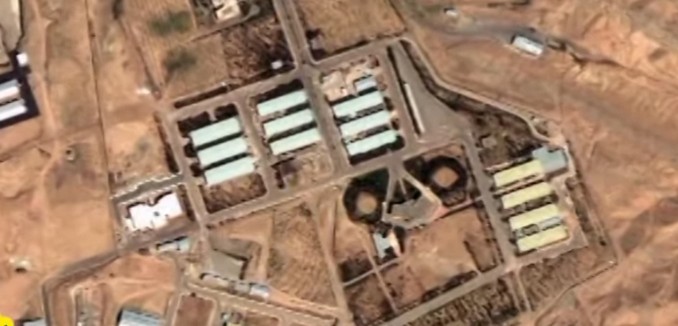Two former weapons inspectors urged releasing the details of an agreement reached between Iran and the International Atomic Energy Agency (IAEA) regarding inspections of the Parchin military site, where Iran is believed to have carried out research relating to the detonation of nuclear bombs, Reuters reported today.
Several nuclear security experts are urging the United Nations nuclear watchdog and world powers to release details of how a sensitive Iranian military site will be inspected as part of the landmark nuclear deal reached in July.
The experts cited include Olli Heinonen, former deputy director-general of the IAEA, and David Albright, the head of Institute for Science and International Security, both of whom have “long experience in international weapons inspections.”
Albright told Reuters, “(Details) should be released because it’s undermining the IAEA’s credibility. Whatever the outcome of the sampling, the secrecy makes it harder to determine whether it’s a credible sampling approach.”
Heinonen noted that the secrecy surrounding the arrangement deviated from normal practice, saying, “this is a very unusual IAEA verification approach, which has no reason to be confidential unless a very special reason – proprietary, economic or security – calls for it.”
Although the IAEA has insisted that the deal must remain confidential, Heinonen has said in the past that a member state of the IAEA’s Board of Governors, which includes the United States, has the right to request access to the details of such agreements. Iran, however, has emphasized that the deal must remain confidential, with Behrouz Kamalvandi, the spokesman for the Atomic Energy Organization of Iran (AEOI) suggesting that the IAEA Director General “would have been harmed” if he disclosed its terms.
Last week, the House of Representatives passed a resolution in a party-line vote saying that, by failing to provide Congress with the agreements between the IAEA and Iran, President Barack Obama “has not complied with section 2 of the Iran Nuclear Agreement Review Act of 2015.” Constitutional scholar Eugene Kontorovich wrote in an analysis last week that without these documents, the review period called for in the Corker-Cardin bill never actually began. Kontorovich further explained that the president has no authority to lift congressional sanctions on Iran until the period of review is over.
[Photo: JewishNewsOne / YouTube ]




